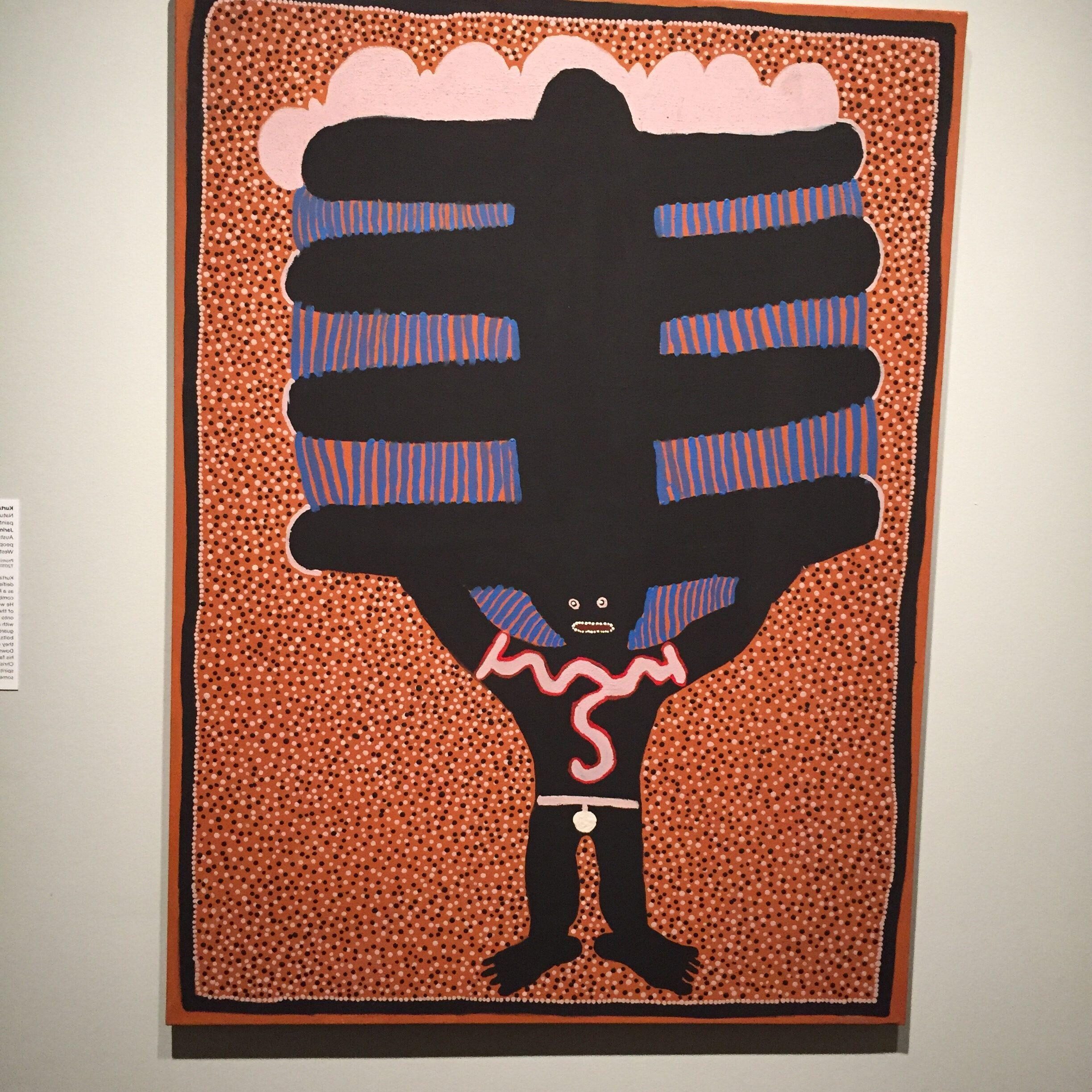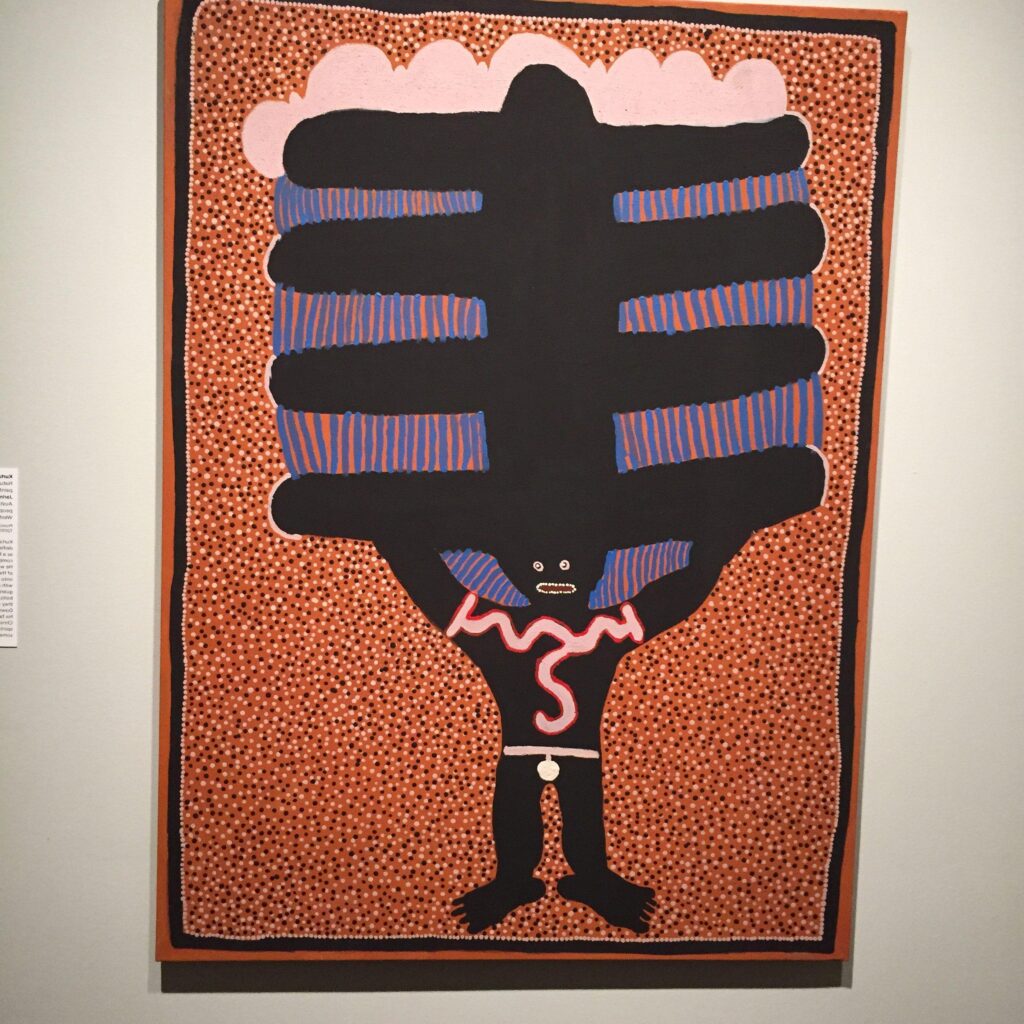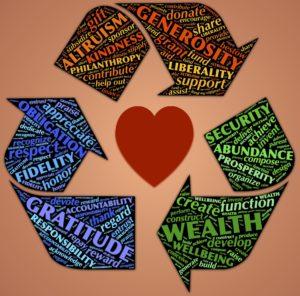10 Common Nonprofit Major Gift Asking Mistakes to Avoid
 When you’re not aware you’re making a mistake, it’s hard to avoid it.
When you’re not aware you’re making a mistake, it’s hard to avoid it.
So let’s get curious. I’m going to ask you to close your eyes for a minute to imagine a donor you’ve been wanting to ask for a major gift. I’m going to ask you to visualize a space where you’re meeting. Put them in your office, their home, a café or even a Zoom screen. Choose what’s comfortable, and where you think you’d be most likely to meet with this donor within the next month or so.
Okay… do you have your donor and your meeting space in mind? Excellent!
Now, before closing your eyes, commit to visualizing these four things:
- You’re in the room together.
- You smile. They smile back.
- Someone else is in the room with both of you. . Imagine you brought them with you. Who are they, and how does it feel having them there to support you?
- Bolstered by the smiles and good company, what do you say to open the conversation?
SELF-EXERCISE: Okay, are you ready to close your eyes? Even if this feels a little weird, why not give it a try? (1) Pick your donor… (2) your meeting space… (3) your additional person supporting you in the room… and (4) open the conversation. What are you saying to them? What are they saying back? Don’t think in terms of pitching what they can do for you, but in terms of promising what you can do together. Play this scenario out just a bit, until you get to a place of comfort or discomfort. Then open your eyes.
What did that feel like?
What felt comfortable to you? Uncomfortable? Did it feel more comfortable and pleasant than you may have imagined? Smiling people, committed to the same cause, hanging out in a comfortable space together…. from such a space can come many good things.
- What did you say to open the conversation?
- How did that feel?
- If it felt good, why?
- If it didn’t feel good, why?
- What might feel better?
- Do you think it might feel better to the donor too?
REFLECT and JOURNAL: Take a few minutes to quickly journal some answers to the questions posed above. Whatever comes to mind first is great; don’t overthink this. I guarantee this will help you shift the energy for the next time you move into this space – in real time – with a donor.
A Mistake is Just a Misjudgment
It’s not fatal; you can correct it. But first you have to recognize it happened!
Details

 Today I want to talk about the heart of successful major gift fundraising.
Today I want to talk about the heart of successful major gift fundraising.





 There’s a treasure trove of knowledge and research around major gift fundraising. What works well. What doesn’t work at all. What’s, at best, half-baked.
There’s a treasure trove of knowledge and research around major gift fundraising. What works well. What doesn’t work at all. What’s, at best, half-baked.
 I find a widespread misunderstanding about the notion of what constitutes being donor-centered. It derives from two misconceptions:
I find a widespread misunderstanding about the notion of what constitutes being donor-centered. It derives from two misconceptions: